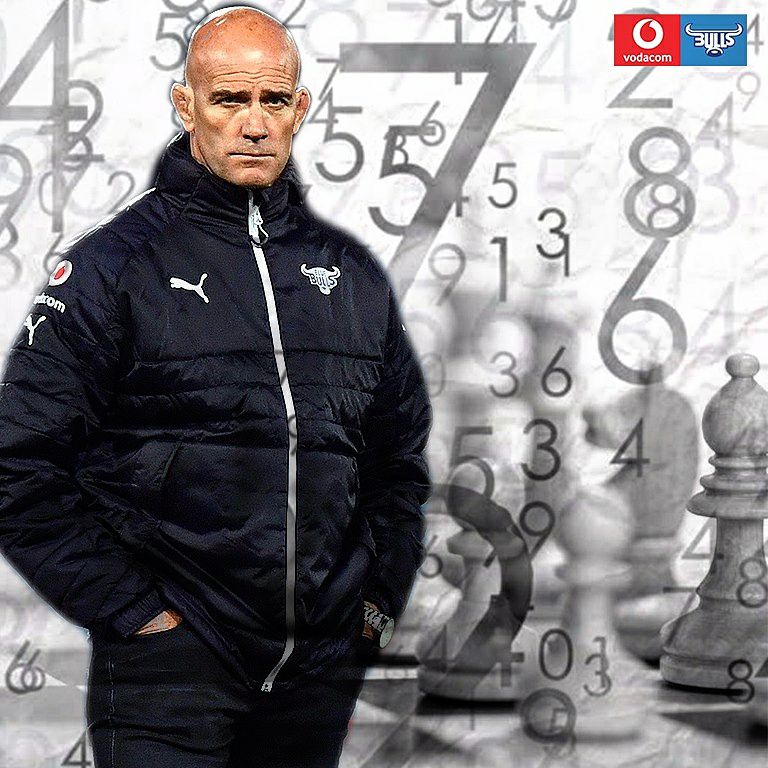Will the Bulls 'SOAR' or 'BED'?
The Bulls won just four games in this year’s Super Rugby competition, finishing second-to-last in their conference behind the Sunwolves. They have in recent years failed to reach the heights of the late 2000s where they captured three titles.
Mitchell explained his philosophy in a recent interview with Netwerk24, taking corporate management concepts to the rugby pitch.
“The onus and responsibility rest on the players. They have a choice between SOAR (Standards Ownership Accountability Responsibility) or BED (Blame Excuses Denial),” Mitchell said.
“I’m a belly-to-belly person. I always asked tough questions of myself and I’m not afraid to ask them of other people.
“The choice is the players’. The system is based on facts and we use GPS information to give objective feedback to the players.
“Wherever I’ve coached, I’ve left a sustainable model. I’ve done a lot of research and I believe my method is cutting edge and unique. It’s one that allows players to take ownership for each day, brings clarity and confidence.”
Mitchell was earlier this year appointed as the Bulls’ executive of rugby, but he will also fulfil the coaching duties of the Super Rugby team.
After a poor start to the Blue Bulls’ Currie Cup campaign, Mitchell took over as Currie Cup coach from Nollis Marais, leading them to the semi-finals where they lost to the Sharks.
Mitchell joined the Bulls after a stint with the US Eagles that had limited success. He attributed some of the issues to lineout play.
“Lineout accuracy affected exit plays at vital times and … they struggled to get back on structure and get into shape from chaos. They often denied themselves opportunities to put pressure on the opposition as a result of this.”
Mitchell also took aim at administrators who are responsible for ‘toxic rugby environments’.
“I am reluctant to work for voted-in administrators who do not have a high-performance mentality, and who have a narrow focus and lack of unity pressure. In many of these toxic rugby environments, people and processes do not meet the plan, and outcomes happen by accident. Eventually, poor outcome becomes inevitable, as success is not sustainable.”
By Mike Hunter, RugbyPass
























